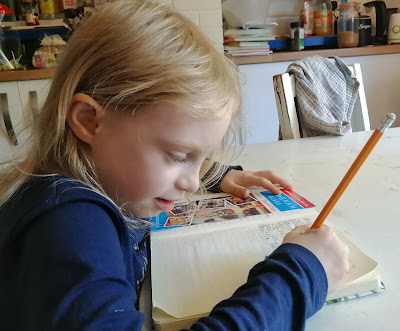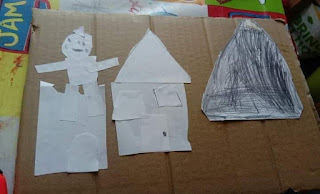Thanksgiving
The expression of gratitude is often an underrated emotion. This state of mind sometimes can be misplaced in the busy life we live in, and not be kept in the forefront of our consciousness. It is not always easy for us to find the good in our lives and not only acknowledge it, but to embrace and summon the gratitude towards it.
As human beings we can find it easier to be selfish and take everything for granted, whether it is material items, health, or our loved ones, and not think to give back. To be selfless can take more thought, one of the ways we can work towards this goal is to have 'an attitude of gratitude' as my mother would say. This phrase used to drive me mad during my teenage and young adulthood. I was an angry mess, hurting, fighting against the world and not wanting to see the good that was there.
However as a mother now myself, I can see the sacrifices that my husband and I make without question for our family, and we have become selfless to their needs. I can appreciate and be thankful towards my own parents with a new clarity.
The children have brought thankfulness back in my life, and I see it as one of our home education missions to instill a consistant emotion of gratitude and thanksgiving within the children. It is not a one time feeling or one to be brought out and exercised only at this time of year, the traditional season of thankfulness and joy. I hope to nurture this state of mind as they grow up, so hopefully they naturally will seek the good in situations, instead of the negative.
Those on the Autism/ADHD spectrum can arguably struggle more than others with feelings of negativity, despair, catastrophic thoughts, depression and hopelessness. They can be deeply affected by world events, the seasons, or a change in their routine. They have the ability to feel and internalise to such a deeper level. I see this in the children and thus am determined to create a safe space for them, so that they can learn to comfortably express their emotions and feelings. I do encourage them to express the full spectrum of feelings, and appreciation and giving thanks are important ones, as they will naturally lift the spirits and provide a brighter outlook on life.
Despite the fact that as a family we have only just started out new initiative to share classes with street children in Jinja, Uganda, I can see Sophia taking on board the difference in situation between her and these new children in her life. She can see the hut where they sit for lessons, many do not have shoes, and I talk with her how they do not have parents or homes, toys etc. I am their teacher currently because they cannot go to school, they have access to Internet during our lessons only. She took it on board and has been processing the difference, and I hope to bring in the theme of thankfulness to her, to be grateful for our situation. I know the charity team and children out there are tremendously grateful for my time and it is an honour to be able to assist in the small way that I can.
I include a link in this post to raise awareness for a range of books entitled a 'Book of Thanks' which were brought to my attention by the author Jo Bivens, who sent my girls a gift of one of her books. It was a wonderful surprise and it is a beautiful book, illustrated by the talented Vivien Leanne Saunders. The book we were generously given is a journal for children and adults alike to record their thoughts and feelings of gratitude.
Imagine a book filled with your thankfulness there on the shelf ready to read through on your dark days. It is powerful, and could help many of us cling on to that narrow path of gratitude. I believe as a mental health tool, it is fantastic. The illustrations are gorgeous and heartwarming and every page is different. It may be a gift that could help someone a lot. I know my children love this book and love talking about giving thanks. It sounds corny but I feel it is essential for better mental health.
https://www.thechildrenscoach.com/e-commerce/book-of-thanks




Comments
Post a Comment